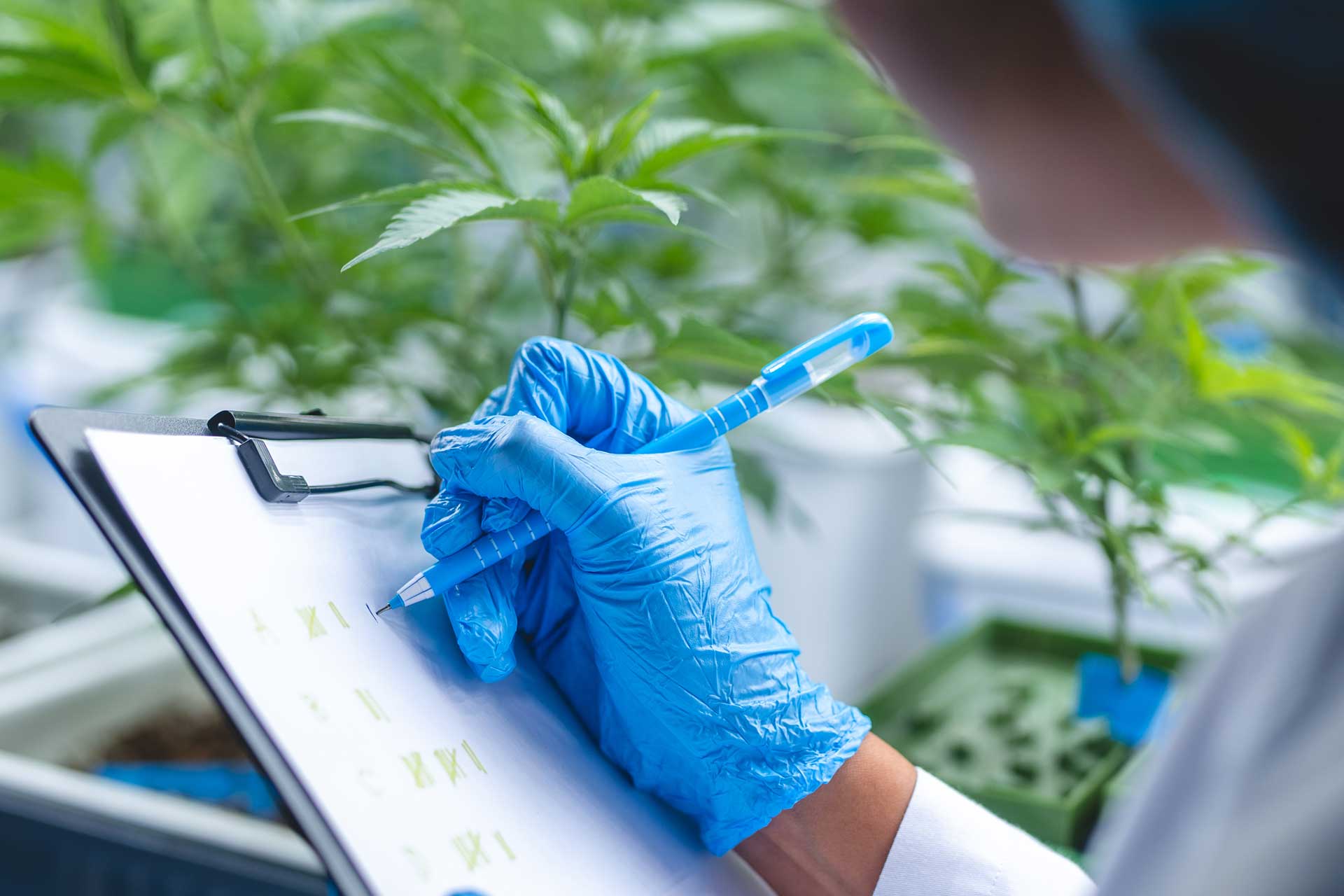
Last updated on December 9th, 2022
Marijuana Struggling to Sow Roots In New York Amid Hazy Conditions
On March 31, 2021, the Marijuana Regulation and Taxation Act (MRTA) legalized adult-use cannabis in New York. What has happened since then?
By year-end 2021, 90% of New York municipalities agreed to issue dispensary licenses and/or onsite consumption licenses. Most of the remaining 600 municipalities opted to forgo offering both licenses (at least for now; they can opt in in the future). A high number of opt outs were in Dutchess, Jefferson, Nassau, Orange, Steuben, Suffolk, and Westchester counties. Leaders attributed their opt out decision to a lack of comfort with certain parts of the law (i.e., onsite consumption) and lack of regulations issued by New York’s Cannabis Control Board.
By the middle of 2022, the Board issued 162 recreational cultivation licenses. Just this month, 36 retail dispensary licenses were issued. The application process is onerous and some requirements (like having been arrested in New York in the past for a marijuana offense) are being challenged in court.
While the state gets its ducks in a row, New York City has seen an upsurge in sales from trucks, sidewalks, and bodegas – none of which are legal. Still, it’s hard to justify pursuing legal action when one of the requirements for opening a legal cannabis business is a past offense involving marijuana. So, what many have coined “a gray market” has emerged, raising concerns that legitimate cannabis businesses will be at risk before they ever open their doors.
Another concern relates to taxes. Sources estimate the cost for cannabis from legitimate sources will be two times more than what it costs in the gray market, thanks to several taxes.
As of April 1, 2022, Article 20-C of the New York State Tax Law imposed a THC potency excise tax – the first in the nation. The excise tax is an amount a retailer pays to a distributor. It equals: $0.005/mg of THC for cannabis flower, $0.008/mg of THC for concentrates, and $0.03/mg of THC for consumables. In addition, there’s an adult-use excise tax of 13% paid by retailers. Of amounts collected, 9% goes to the state. Of the remaining 4%, 1% goes to the county where the sale took place and 3% is split between the cities, towns, and villages in the county that opted in based on respective cannabis sales.
IRC 280E & 471
For Federal income taxes, IRC 280E governs what expenses are deductible and credits are allowable, while IRC 471 governs inventory rules. To offset IRC 280E, New York’s Governor Hochul enacted Senate Bill S8009 when she signed the 2022-2023 budget into law. As a result, starting January 1, 2023, state cannabis taxpayers will be allowed standard business deductions and credits on state returns (even though IRC 280E bans them on Federal returns).
Franchise Tax
New York businesses are required to pay the highest of business income tax (6.5% to 7.25% or 0 for qualified manufacturers); business capital tax (0.1875% of business capital allocated to New York or 0 for qualified manufacturers); or fixed dollar minimum tax (ranging from $25 to $200,000 or $19 to $3,740 for qualified manufacturers). Note: There are some benefits to being treated as a qualified manufacturer.
Sales Tax
While New York businesses will not collect sales tax on cannabis, sales tax will apply to related products like rolling paper, pipes, and other paraphernalia.
(Some of the taxes referenced in this article may work differently in New York City.)
Beyond taxes, audit expectations are high. As noted in an article published by the New York State Society of Public CPAs (Klimek, Jason. Cannabis Taxes in New York State – How High Is Too High. April 1, 2022), “All of this adds up to a high likelihood of an IRS audit. In 2013, with solely medical cannabis legalized in a few states, the IRS determined that the average per hour recovery for IRS work in mainstream businesses was $493. For cannabis business, the average per hour recovery was $1,375.”
No doubt, 2023 will be a big year for legitimate cannabis businesses in New York. If you need assistance with related accounting, taxes, or audits, please let us know. RBT CPAs is one of the largest firms in the Hudson Valley. We believe we succeed when we help you succeed. Give us a call to learn more about what we can do for you.
